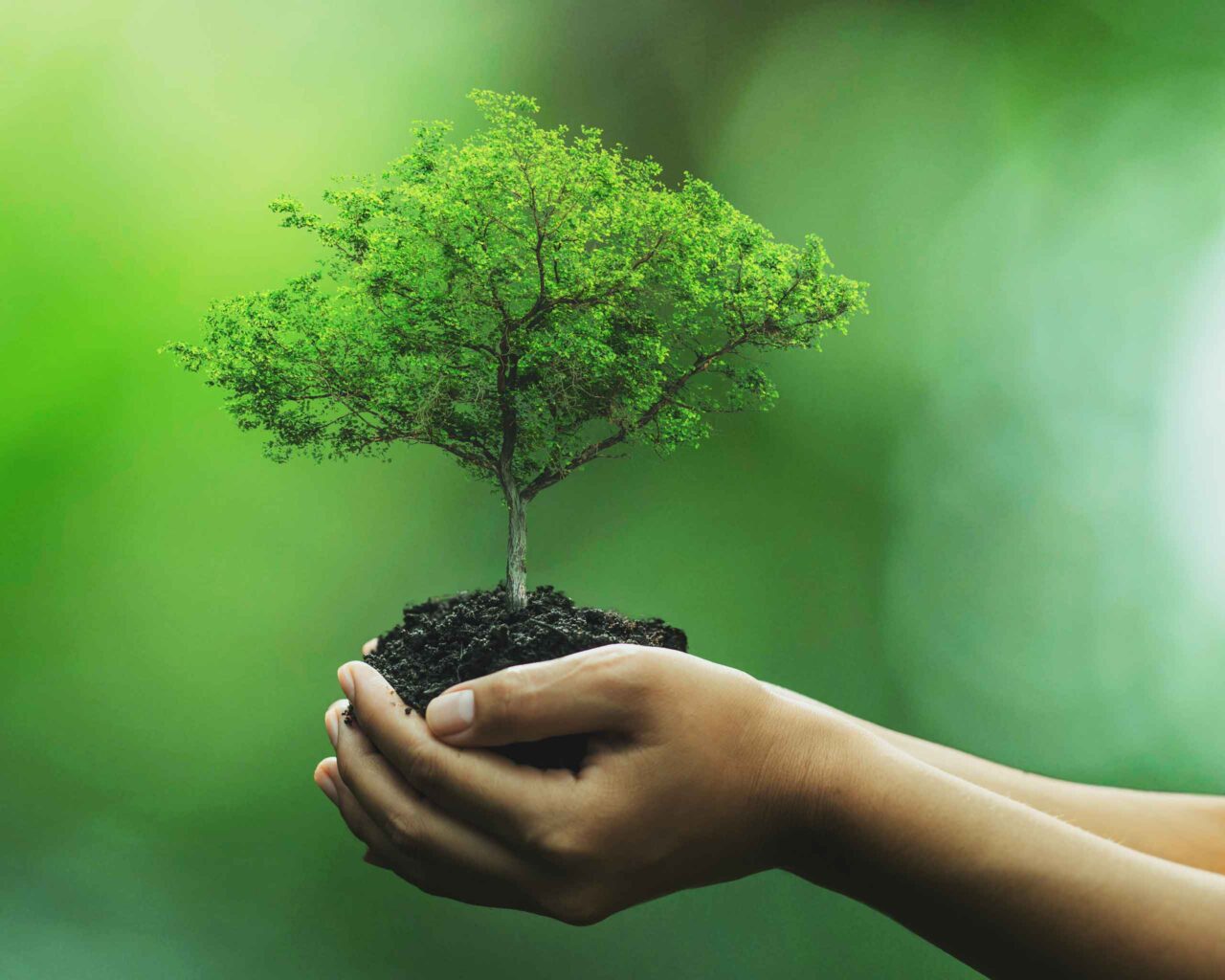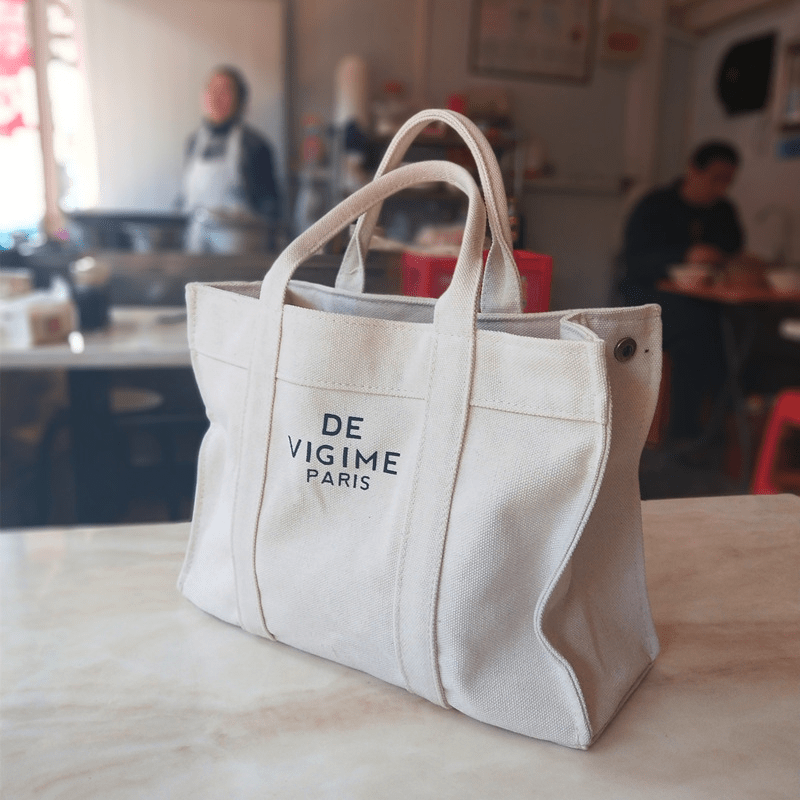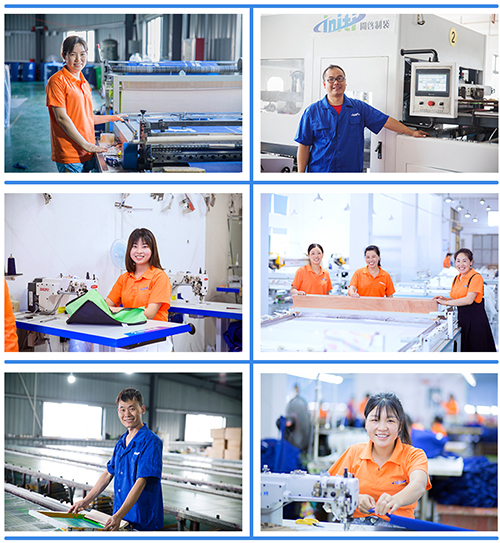Plastic or Cotton: Which Shopping Bag is Best?

The choice between plastic and cotton shopping bags depends on various factors, including environmental impact, durability, reusability, and personal preferences. Let's break down the pros and cons of each type:
Plastic Shopping Bags:
Pros:
Lightweight and convenient to carry.
Water-resistant, protecting contents from rain or spills.
Often cheaper to produce and purchase.
Cons:
Environmental Concerns: Plastic bags are notorious for their negative environmental impact. They can take hundreds of years to decompose and contribute to plastic pollution in oceans and landfills.
Limited Reusability: While some plastic bags can be reused for various purposes, they are generally not as durable as other options.
Cotton Shopping Bags:
Pros:
Reusable: Cotton bags are durable and can be reused many times, reducing the need for single-use bags.
Biodegradable: Cotton is a natural fiber and will eventually decompose, although it takes longer than paper.
Versatile: Cotton bags are suitable for a variety of uses, from shopping to carrying personal items.
Sustainability: Organic cotton and ethically produced bags can have a lower environmental impact.
Cons:
Water and Energy Consumption: The production of cotton bags requires significant amounts of water and energy compared to other materials.
Initial Environmental Impact: The overall environmental impact of cotton bags can be higher if not used and cared for over an extended period.
Ultimately, the "best" choice depends on your priorities. If you're looking for the most environmentally friendly option, cotton bags are generally better due to their reusability and biodegradability. However, consider factors like production impact and overall lifespan. If you choose plastic or paper bags, try to reuse and recycle them appropriately to minimize their impact.
In recent years, many people and retailers have been moving away from single-use plastic bags due to their environmental concerns. Reusable bags, including those made from cotton, are becoming increasingly popular as a more sustainable alternative.





